Muscle Milk is a protein supplement drink. It is advertised as being comparable to breast milk, or cow colostrum. This drink, according to the manufacturers, contains no lactose, no trans-fats, and no high fructose corn syrup.
What Can Muscle Milk be Used For
Muscle Milk is recommended for people wanting to lose some fat and build up lean muscles. Manufacturers advertise this product as an ideal drink, to have before and after workouts. However, they also claim that Muscle Milk gives the best result when used 4 times per day.
Proteins and vitamins, but also some fats present in this product, are what provide its benefits. Muscle Milk is rich in proteins, especially casein and whey. These are two different types of proteins when it comes to metabolizing. Whey protein is metabolized very quickly after drinking Muscle Milk.
It provides the necessary amino acids to burn fat and build new muscles. Casein, on the other hand, breaks down slower, so the combination of these two proteins offers benefits in different situations.
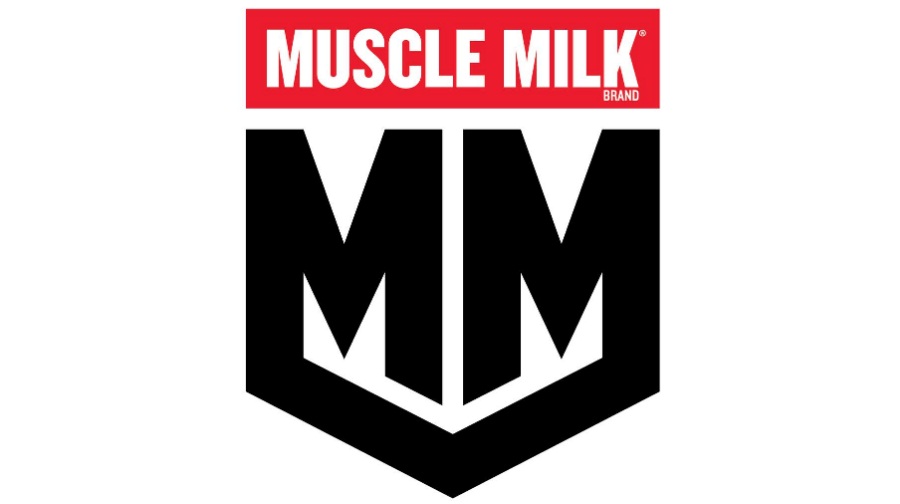
This product also contains carnitine (amino acid) and some healthy fats in the form of medium-chain triglycerides, when combined they give plenty of energy to the person using Muscle Milk.
Muscle Milk protein drink also contains plenty of vitamins A and D, and many minerals, vitamins, amino acids, and enzymes, similar to those which can be found in breast milk.
- PubMed, Web of Science and Cochrane databases were searched for literature that evaluated the effects of milk proteins supplementation on body weight and composition among older adults (age ? 60 years) undergoing resistance training up to September 2016. A random-effects model was used to calculate the pooled estimates and 95% confidence intervals (CIs) of effect sizes.
- The final analysis included 10 RCTs involving 574 participants (mean age range from 60 to 80.8 years). Overall, the combination of milk proteins supplementation and resistance training did not have significant effect on fat mass (0.30, 95% CI -0.25, 0.86 kg) or body weight (1.02, 95% CI: -0.01, 2.04 kg). However, a positive effect of milk proteins supplementation paired with resistance training on fat-free mass was observed (0.74, 95% CI 0.30, 1.17 kg).
- Greater fat-free mass gains were observed in studies that included more than 55 participants (0.73, 95% CI 0.30, 1.16 kg), and in studies that enrolled participants with aging-related medical conditions (1.60, 95% CI 0.92, 2.28 kg). There was no statistical evidence of publication bias among the studies.
Adverse Effects Associated with Muscle Milk
As with many other protein products, Muscle Milk, also has some unwanted side effects. People using this protein drink could experience nausea, abdominal cramps, or diarrhea because these are the most common unwanted effects. Bloating and gases were also frequently reported by Muscle Milk users, and these problems have been linked to the crystalline fructose used in the product.
Since this protein drink contains 330 calories, people might end up gaining some weight instead losing some and building new muscle.
G-amine is one of the ingredients of Muscle Milk, reported to cause an increase of blood homocysteine and thus increase chances to develop heart diseases.
Effects on the reproductive system are mostly connected with powdered Muscle Milk combined with soy milk. Soy is part of the combination blamed for estrogenic effects and negative impact on the male reproductive system.
Diabetes patients should be aware that L-glutamate used in Muscle Milk may have negative effects on their blood sugar.


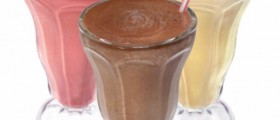
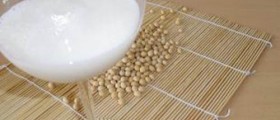




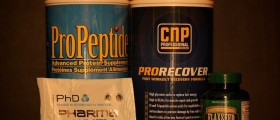
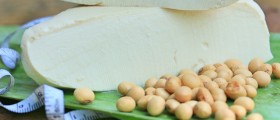


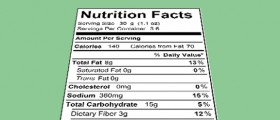
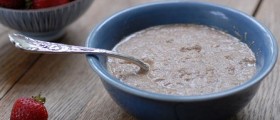
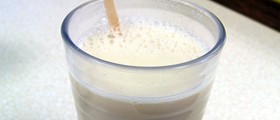


Your thoughts on this
Loading...